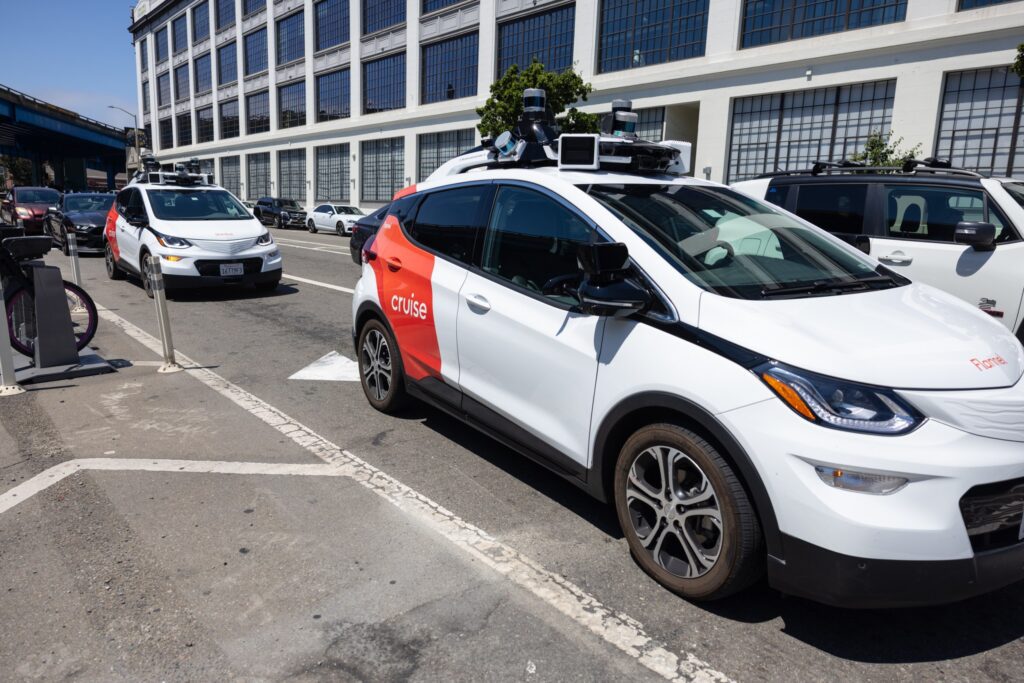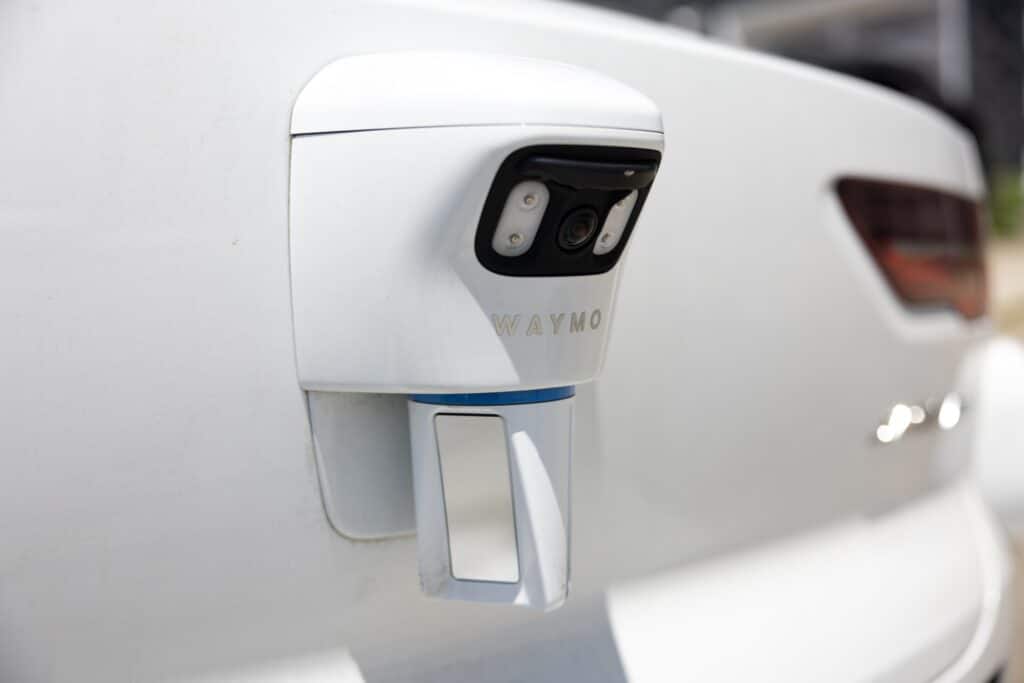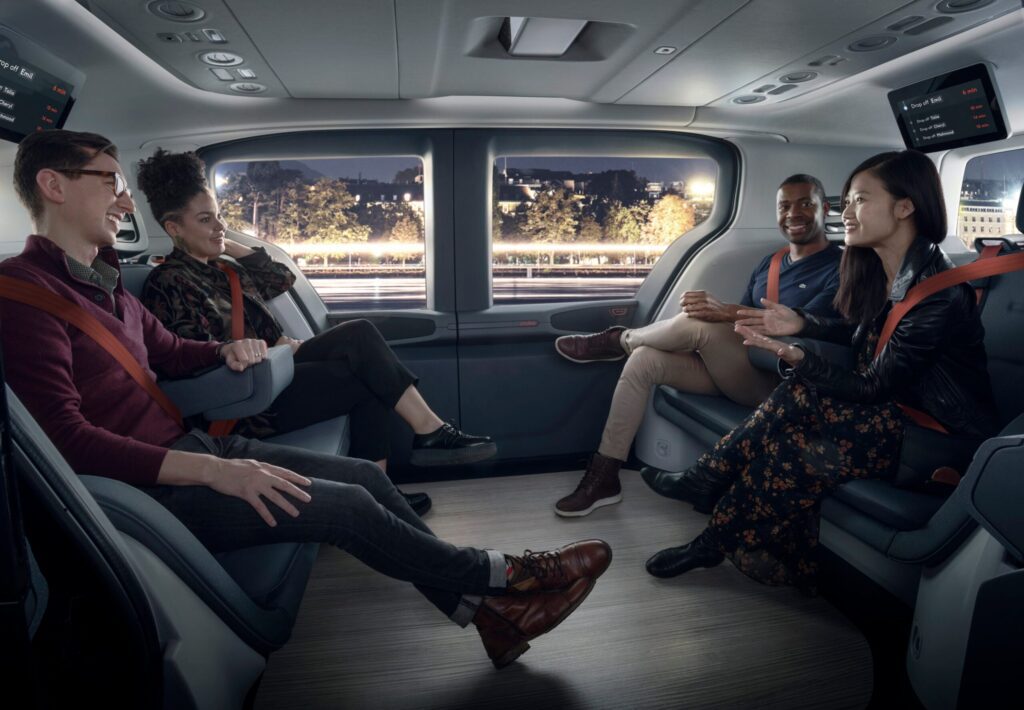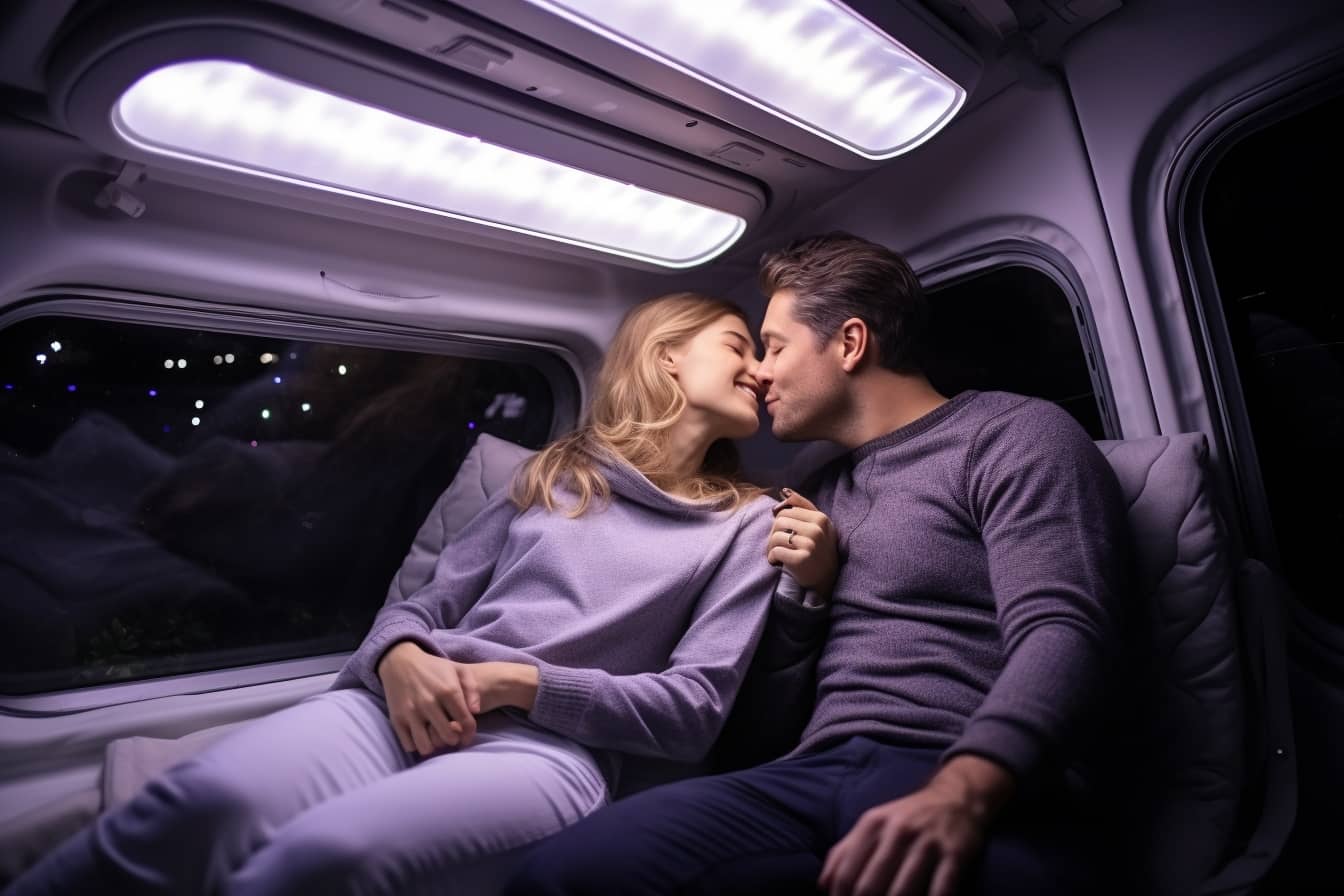San Francisco is a candidate to be one of the capitals of post-modernity, with all the good (and bad) that this entails. After the advent of Elon Musk and its madness in the transition from the Twitter bird to the threatening black Robotaxis, self-driving taxis designed to offer safe and efficient transportation, are becoming the scene of personal and intimate adventures between passengers.
A trend that raises important questions about privacy, security and ethics in the use of these new technologies, as robotaxi companies like Cruise and Waymo seek to establish clear rules for their users. Meanwhile, the reality "on the ground" is constantly evolving.
The Rise of Robotaxis in San Francisco
With the advent of autonomous vehicles, San Francisco has quickly established itself as one of the pioneer cities in adopting this technology. But with the growing popularity of autonomous taxis, new passenger behaviors are also emerging. For weeks, local San Francisco newspapers such as the The Standard collect evidence of passengers who see the absence of a driver as an opportunity to explore new forms of intimacy.
“We started right away, as soon as we got in,” say Alex and Megan, he in his thirties and she in her twenties, who described their experience in an autonomous Cruise taxi. And she's not the only one. Other testimonies collected confirm that these are not isolated cases.

Security and privacy in Game
While the idea of having an intimate moment in a moving vehicle may seem adventurous, it raises legitimate privacy concerns. Robotaxi companies, like Cruise e Waymo, use internal and external cameras to monitor and ensure the safety of passengers. What about the collected data?
“We record videos inside the car for added safety and support,” says Cruise on his website. But the continued surveillance has aroused resistance, especially regarding to use that private companies could do some filming. Except for some, apparently.

A knowing smile
Despite the cameras, some passengers like Alex and Megan feel bold enough to continue their adventures. And sometimes, they're not the only ones who notice. During one of his autonomous taxi adventures through Golden Gate Park, the Outside Lands stage lights illuminated the couple, making his “activities” visible to passersby.
Alex recalls amused: “A person in another car looked inside and realized what was happening. And she smiled”. Doesn't it all seem a bit... Too much?
Self-driving taxis: the new frontier of intimacy?
The rules regarding what is and isn't allowed inside a robotaxi are still being finalized. While Cruise and Waymo avoid commenting directly, it's clear there are guidelines to follow. For example, Cruise urges passengers to avoid behavior that might make others uncomfortable.
In an increasingly autonomous future, technology is redefining not only our movements, but also our interactions. Self-driving taxis, with their silent and non-judgmental interiors (are we safe?), are emerging as San Francisco's new moving “hotel rooms.”
Companies are in a hurry (are we sure? After all, it's all free advertising) to establish rules and guidelines, but daring passengers like Alex and Megan are already anticipating trends.

Could we soon see specific dating apps for self-driving taxis?
Imagine scrolling through profiles and choosing not only the ideal partner, but also the model of taxi for the date, or the romantic destination. It sounds a little grotesque. Ah, the irony of when technology meets human instinct.
Perhaps companies may not have foreseen it (once again: are we sure?), innovation often surprises, sometimes in the form of a menage a trois: me, you… and the taxi.
Only sluts? But… Are we sure? :)


